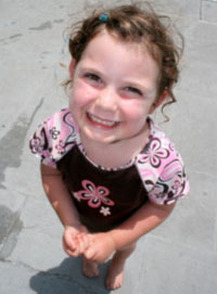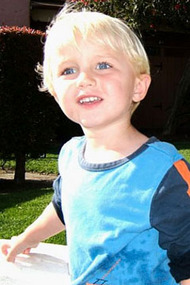Neuropsychological Assessment
A neuropsychological assessment involves the following general components: clinical interviews, testing of several cognitive domains (i.e., attention, executive functioning, language processing, visual processing, memory, fine motor, academics), measures of social and emotional functioning, verbal feedback on the results and conclusions, and a written report.
The assessment includes diagnosis, when applicable, and recommendations for intervention for both the short and long term. Areas of need are organized according to primary (core) and secondary (consequent) issues as well as their potential implications for learning and behavior.
Recommendations for intervention are tailored to the needs of the individual and the family. The recommended interventions are informed by research findings first and then further tuned and/or modified relative to the opportunities and constraints present within the individual and within the family and school/work environment. The values of the individual and the family are always respected.
The assessment includes diagnosis, when applicable, and recommendations for intervention for both the short and long term. Areas of need are organized according to primary (core) and secondary (consequent) issues as well as their potential implications for learning and behavior.
Recommendations for intervention are tailored to the needs of the individual and the family. The recommended interventions are informed by research findings first and then further tuned and/or modified relative to the opportunities and constraints present within the individual and within the family and school/work environment. The values of the individual and the family are always respected.
Pediatric Neuropsychological Assessment

A pediatric neuropsychological assessment involves a comprehensive evaluation of a child’s cognitive, behavioral, and social-emotional strengths and weaknesses.
An assessment is often conducted at the request of a teacher/school, therapist, or physician. Parents have become increasingly aware of this service and self-request an assessment to address particular concerns.
Although we are sometimes asked to assess for a particular diagnosis, a neuropsychological assessment does not presume a particular outcome by excluding other possibilities. Behaviors may be present or absent for different reasons, be they internal or external, so conclusions are not drawn until all relevant data is compiled and analyzed.
A neuropsychologist is qualified to diagnose any developmental disorder contained within accepted professional nomenclature. The primary diagnostic system for developmental disorders is the Diagnostic and Statistical Manual of Mental Disorders (DSM-IV-TR).
An assessment is often conducted at the request of a teacher/school, therapist, or physician. Parents have become increasingly aware of this service and self-request an assessment to address particular concerns.
Although we are sometimes asked to assess for a particular diagnosis, a neuropsychological assessment does not presume a particular outcome by excluding other possibilities. Behaviors may be present or absent for different reasons, be they internal or external, so conclusions are not drawn until all relevant data is compiled and analyzed.
A neuropsychologist is qualified to diagnose any developmental disorder contained within accepted professional nomenclature. The primary diagnostic system for developmental disorders is the Diagnostic and Statistical Manual of Mental Disorders (DSM-IV-TR).
|
The assessment process includes the following elements:
|
Pediatric Neuropsychological Consultation

In some situations, a full assessment may not be warranted or necessary. This most often occurs either when a child has recently completed testing with another provider and parents are seeking a second opinion with respect to conclusions or when intervention efforts are underway and the parents/providers are seeking additional input with respect to intervention options.
In such cases, Dr. Turnbull provides neuropsychological consultation based upon one or more of the following:
In such cases, Dr. Turnbull provides neuropsychological consultation based upon one or more of the following:
- clinical interviews
- questionnaires/behavior checklists completed by parents and/or teachers
- observation
- past evaluations or testing reports
- limited testing with the child or adolescent
All content copyrighted by Janiece Turnbull, PhD 2010.
